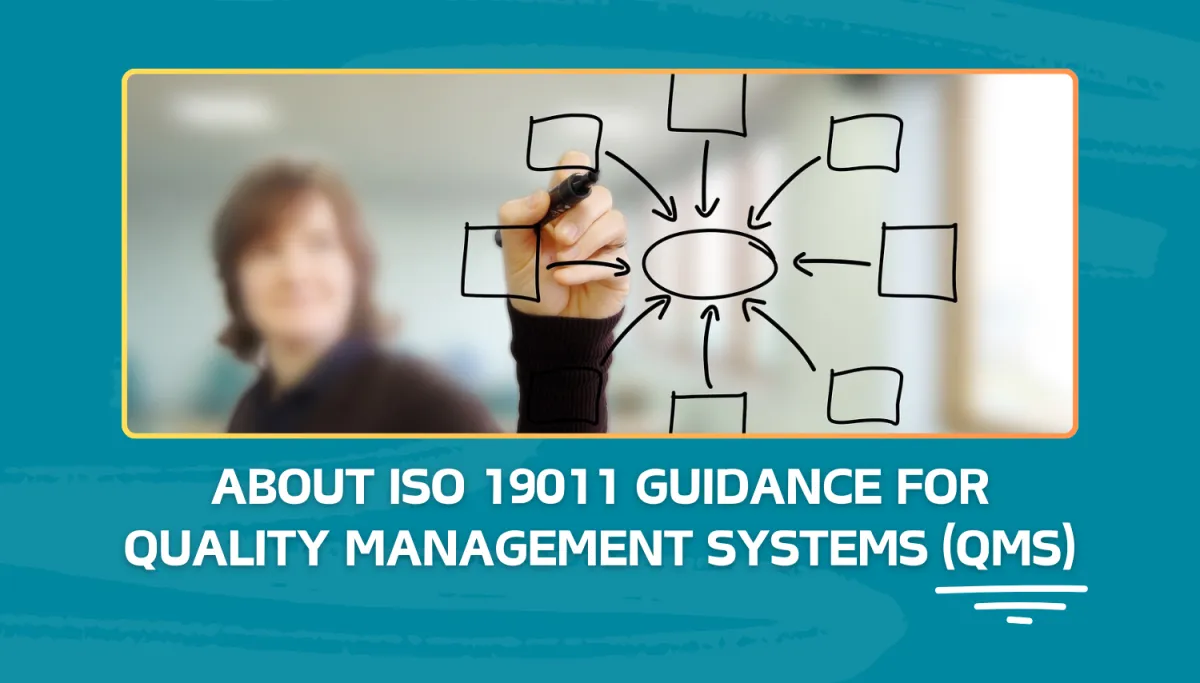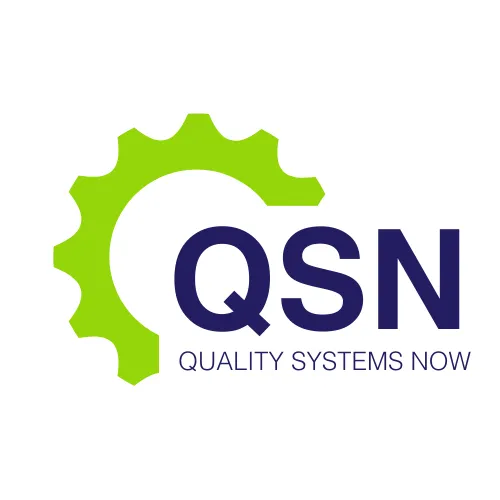LATEST NEWS

About ISO 19011 guidance for quality management systems (QMS)
ISO 19011 serves as a comprehensive guide, offering principles and practices for effective auditing processes. At its core, ISO 19011 emphasizes the importance of audits in ensuring the effectiveness and continual improvement of management systems. ISO 19011 is ideal as the basis for structuring your audit programme and training auditors for your company.
At Quality Systems Now we can train you or your team in auditing according to ISO 19011 - contact us for a talk to find out more.
One of the fundamental principles outlined in ISO 19011 is the need for auditors to demonstrate competence. Auditors must possess a thorough understanding of auditing principles, techniques, and relevant standards. And, they should have strong communication skills and objectivity to conduct audits impartially.
ISO 19011 underscores the significance of planning and preparation in conducting audits. Before initiating an audit, auditors must define its scope, objectives, and criteria. This involves identifying the areas to be audited, determining the audit methods and techniques to be employed, and selecting competent audit team members. Adequate planning ensures that audits are conducted systematically and focus on areas critical to the organization's objectives. These factors may be included within your internal or external audit programme or may be on a case-by-case basis for external audits.
During the audit process, the auditor must also maintain independence and impartiality, and remain objective and unbiased. Part of learning to be a good auditor is asking good questions that allows the auditor to provide fair and accurate evaluations of the management system. As part of executing the audit the auditors must communicate clearly and concisely with the auditee, explaining the purpose and objectives of the audit, as well as any findings or observations.
ISO 19011 emphasizes the significance of conducting audits in a systematic and methodical manner. Auditors follow a structured approach, which typically includes initiating the audit, conducting on-site activities, documenting findings, and reporting results. Your audit procedure should include each of these stages and regulatory requirements.
The audit report is the evidence of the audit findings and that the audit was successfully completed. Consequently, documentation and record-keeping throughout the audit process is critically important. Comprehensive documentation enables auditors to trace the audit trail, demonstrate conformity with audit requirements, and provide evidence to support their findings and conclusions.
Continuous improvement is usually an output from the audit programme. Auditors play a vital role in identifying opportunities for improvement during audits, whether in processes, procedures, or performance. By encouraging organizations to embrace a culture of continual improvement, ISO 19011 helps drive enhancements in efficiency, effectiveness, and customer satisfaction.
ISO 19011 also recognizes the importance of risk-based auditing approaches. Auditors assess risks associated with the organization's management system and prioritize audit activities accordingly. By focusing on areas of higher risk, auditors can provide valuable insights into potential vulnerabilities and opportunities for risk mitigation, contributing to the overall resilience and robustness of the management system.
In summary, ISO 19011 serves as a comprehensive guide for auditing management systems, offering principles and practices to ensure effective and reliable audit processes. By adhering to the guidelines outlined in ISO 19011, organizations can enhance the quality of their audits, drive continual improvement, and ultimately achieve their objectives more efficiently and effectively.
